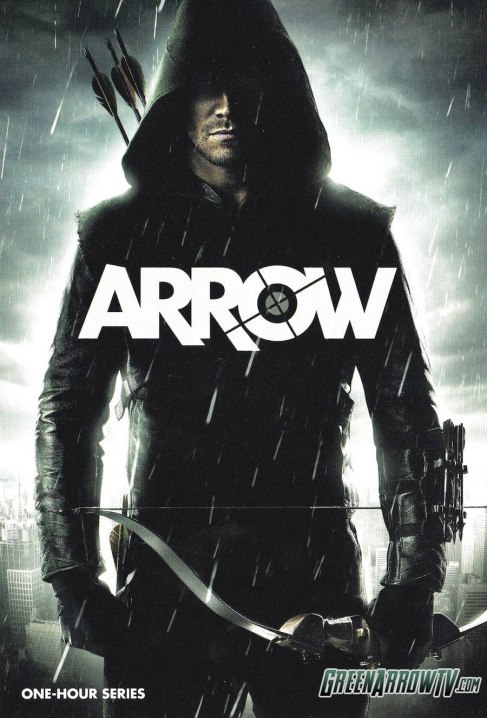Bring Down the Little Birds: On Mothering, Art, Work, and Everything Else, by Carmen Giménez Smith
If there is one thing I learned from this novel, it is this: There is no one face of motherhood. Motherhood encompasses many roles, attitudes, and conflicts. It is a balancing act, a compromise, a conflict with a self-contained resolution. It is a chance combined with all the instincts and all the eggs you’ll ever have or ever need.
Smith’s novel is constructed out of short paragraphs with a distinct, lyrical rhythm. Some read like a stream of consciousness, while others are punctuated by wider, more universal observations about motherhood and life.
These punctuations give the reader time to surface and consider, to breathe, before plunging back down into the densely personal, silent water.
These short paragraphs make up the realm of discussion and reflection Smith creates for herself and allows the reader to experience as well. Her language is frank and accessible. She does not shy away from the “gory details” and she does not idealize, presenting the reader with views of motherhood on the body—distorting its shape, becoming a body invaded, and motherhood on the mind—a paradigm shift in thought and emotion.
Smith bears it all, and her poignant honesty accomplishes much of what she is aiming to achieve, which is chartering motherhood in its entirety.

The main characters of the story are the members of Smith’s family; her husband, son, daughter, and mother. Her mother has a tumor growing in her brain which Smith relates to her daughter growing inside her uterus.
The dichotomy is striking—the fetus develops while the tumor destroys. This points to the greater cycle of birth and death. The experience of taking care of her own mother causes Smith to assume two motherhoods simultaneously.
Smith weaves these two stories, the beginning and final stages of life, together. That they occur contemporaneously is a consequence of the actual timing of events, but also a device of the plot reminding the reader that at all times death and renewal work upon our world. That out of the chaos of car seats, teaching, writing, and cleaning, there is a balance.
Perhaps the most important message is one that Smith relates by pointing out all the different facets of motherhood. By reading this book we are guaranteed that for each of us, much of our experience will be similar to what Smith describes, while at the same time it will be utterly distinct.
Smith reveals through this novel the process of motherhood as self-actualization—that is the promise of motherhood and everything else.
The great phases are the same, but how we travel through them is up to us.




